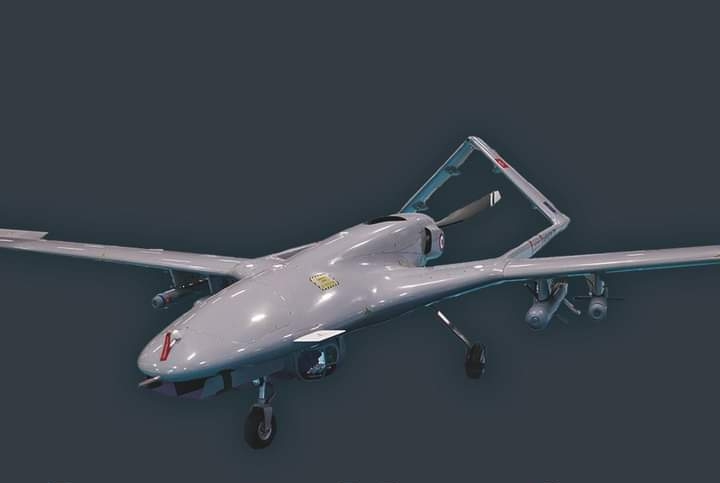In a shocking escalation of violence, at least eight people, including children, were reported killed, and 20 others injured following a drone strike at a local fair in the northern Timbuktu region on Tuesday. The attack has raised concerns about the ongoing turmoil in Mali, where ethnic tensions and armed conflicts continue to plague the region.
The Permanent Strategic Framework for the Defence of the People of Azawad (CSP-DPA), a prominent coalition of Tuareg rebels, claimed responsibility for the revelations. According to their statement, the drone strikes—believed to be carried out by Turkish drones—targeted a bustling marketplace as well as nearby civilian dwellings. This incident marks a significant and tragic turn in Mali’s already volatile situation.
The CSP-DPA, representing the Tuareg ethnic group, has accused Mali’s armed forces and their allies of orchestrating the attack. They argue that the drone strikes were part of a broader strategy to suppress local populations and undermine the Tuareg’s quest for autonomy. “We condemn this heinous act against civilians, particularly children,” stated a representative of the CSP-DPA. “The consequences of such actions are devastating and unacceptable.”
Mali’s military, which has been at the forefront of combating rebel groups in the region, did not immediately respond to requests for comment regarding the drone strikes. However, tensions between the government forces and Tuareg rebels have heightened since the CSP-DPA rejected peace talks with the Bamako government at the end of 2022. For many, the repeated violence underscores the fragile nature of the peace that had once seemed achievable.
The Tuareg, a nomadic ethnic group predominantly inhabiting the Sahara region, have long sought an independent homeland. They launched an insurgency against Mali’s junta government in 2012, a rebellion that was subsequently hijacked by extremist Islamist factions. Although a peace agreement was signed in 2015, ongoing hostilities suggest that reconciliation remains elusive.
In late July, the Tuareg rebels escalated their military operations, reportedly attacking a convoy of Malian soldiers alongside mercenaries affiliated with Russia’s Wagner Group in the far north. CSP-DPA claimed responsibility for the attack, asserting that it resulted in the deaths of 84 Russian mercenaries and 47 Malian soldiers. Such heavy casualties have sent shockwaves through national and international circles, lending weight to the urgent need for a firmer response to the burgeoning violence across the Sahel region.
The recent drone strike at the fair in Timbuktu has ignited renewed discussions about the role of international actors in the conflict. The Tuareg rebels, alleging foreign complicity, are calling for accountability and transparency in how military actions are conducted in civilian areas. Local leaders and residents have voiced fears that further escalations may lead to more deaths and a humanitarian crisis, particularly among vulnerable populations already affected by years of conflict and instability.
Civilians in Timbuktu, a city known for its historical significance and cultural heritage, have begun to express their outrage and despair at the recent violence. One resident, a market vendor who wished to remain anonymous, said, “We come here for peace and community, but war has followed us. Our children deserve safety, not an atmosphere of fear.”
As the international community continues to monitor the situation closely, many are left questioning the viability of Mali’s peace efforts. The landscape of northern Mali has become increasingly fragmented, with various factions jockeying for power amidst a growing humanitarian crisis. The call for dialogue and civilian protection remains urgent, yet the path forward appears uncertain.




